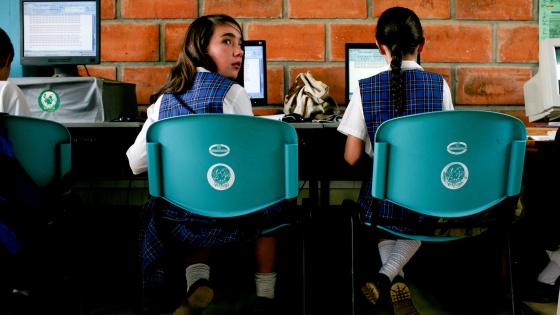Discussion paper
DP11330 Quality Leisure Time and Youth Development
This paper first develops a simple model to clarify the links between leisure time use and skill formation. It then explores empirically how youths allocate their time. We focus on sports as a popular activity and estimate its effect on behavioral and economic outcomes. We exploit data from the German Socio-Economic Panel that offers the unique advantage of both a large, representative sample and high quality behavioral measures. We employ a flexible strategy combining propensity score matching and regression to account for self selection. Our results suggest that structured leisure activities like sports contribute to the development of nonacademic skills.
£6.00

